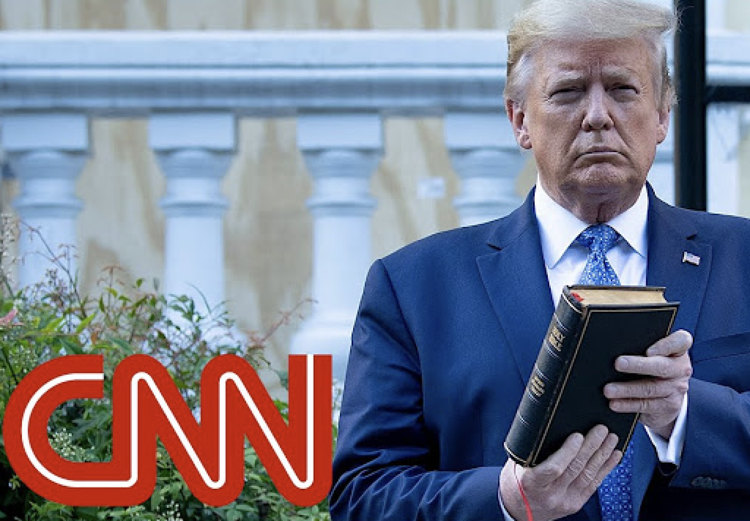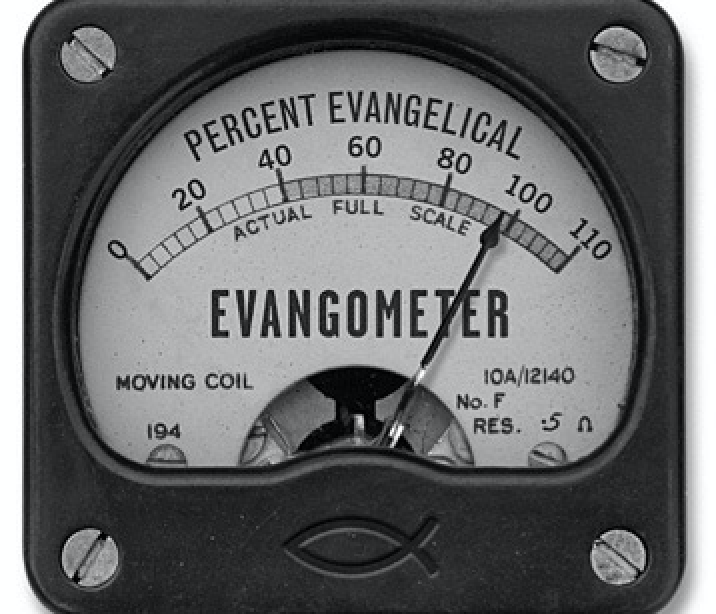I don’t typically devote this space to touting the work of my ReligionUnplugged.com colleagues.
I’m going to make an exception this week. As the Russia-Ukraine war rages, I feel compelled to call attention to the outstanding journalism produced by ReligionUnplugged.com staff members and contributors around the world.
Don’t miss these stories:
• Russian invasion reveals fissures among Orthodox Christians: Meagan Clark, ReligionUnplugged.com’s managing editor, reports from Boston on how “the Orthodox schism between Moscow and Constantinople that broke open in 2019 is cracking further.” As Clark’s in-depth report points out, “What is good and what is evil in the war in Ukraine is far from agreed upon.”
• Support for Ukraine rises worldwide as a shadow of war falls over Eastern Europe: “From Oklahoma to New Jersey to Nairobi, faith communities are taking up collections, helping refugees and voicing opposition to the military invasion of Ukraine,” notes this global overview from Paul Glader, ReligionUnplugged.com’s executive editor, and a team of writers including Michael Ray Smith, Tom Osanjo, Michael Finch and Meagan Clark.
• Q&A with Serbian Ambassador Darko Tanaskovic on Catholic-Orthodox relations: ReligionUnplugged.com contributor Jovan Tripkovic interviewed Darko Tanaskovic “to understand the role of diplomacy at the Vatican and the potential for further Catholic-Orthodox cooperation.”
• As Russia invades Ukraine, students abroad fear for their families: In a dispatch from Lithuania, professor and journalist Michael Ray Smith “shares how his students are coping with what many consider to be the biggest attack on Europe since WWII.”
• In rural Oklahoma, Ukrainian priest prays for his mother — and his homeland: Please forgive this shameless plug for my own story from Jones, Oklahoma, featuring the Rev. Stepan Bilogan, who preaches in his native language as a choir member translates his Ukrainian words into English. Bilogan came to the U.S. a year ago to serve spiritual needs in a rural community, but his mother, brother and countless other relatives remain in Ukraine.










